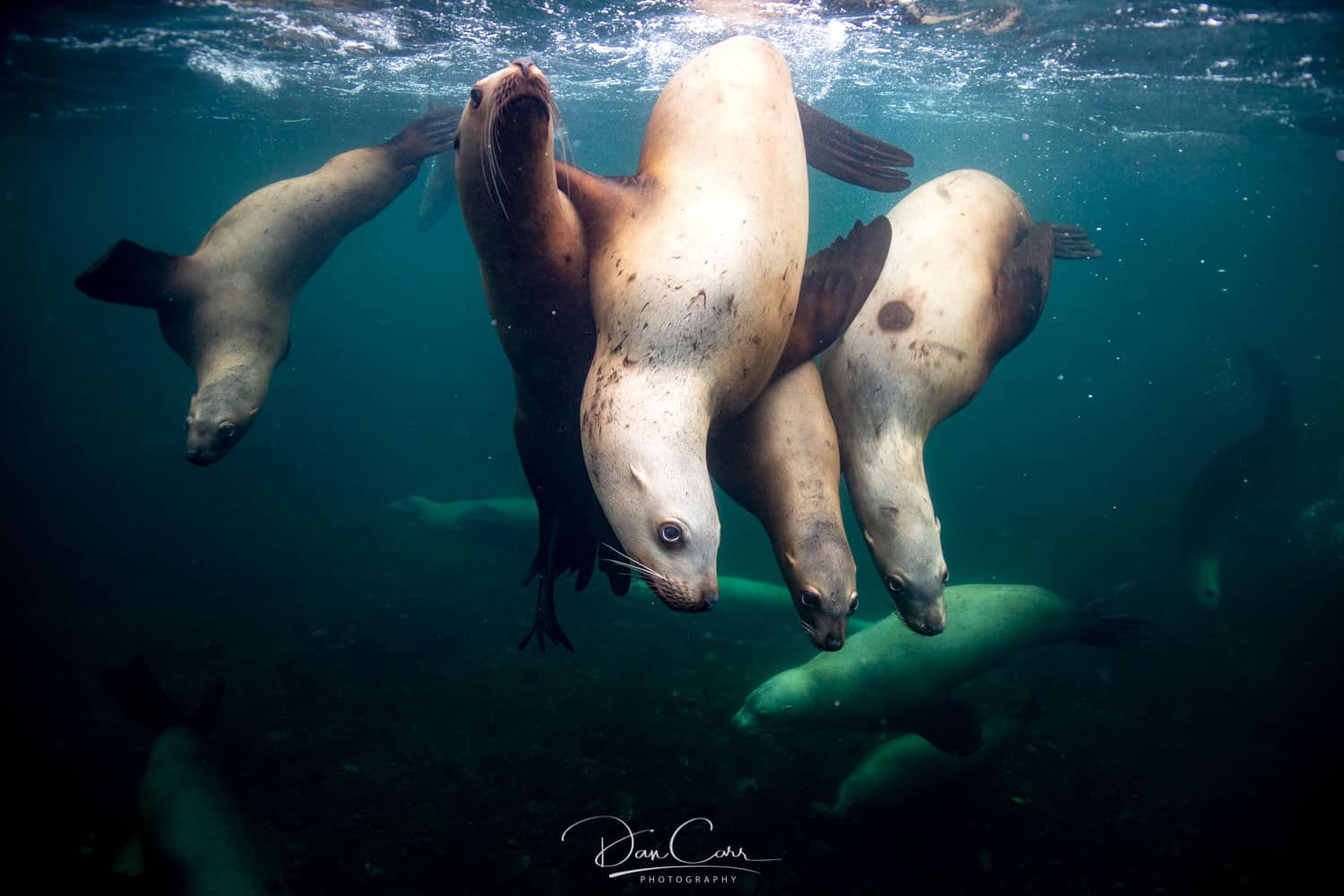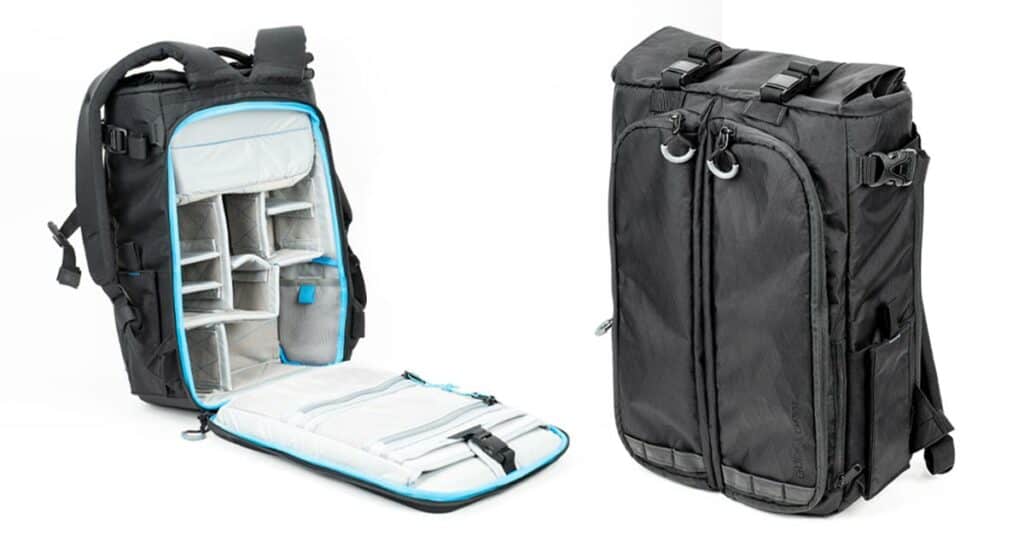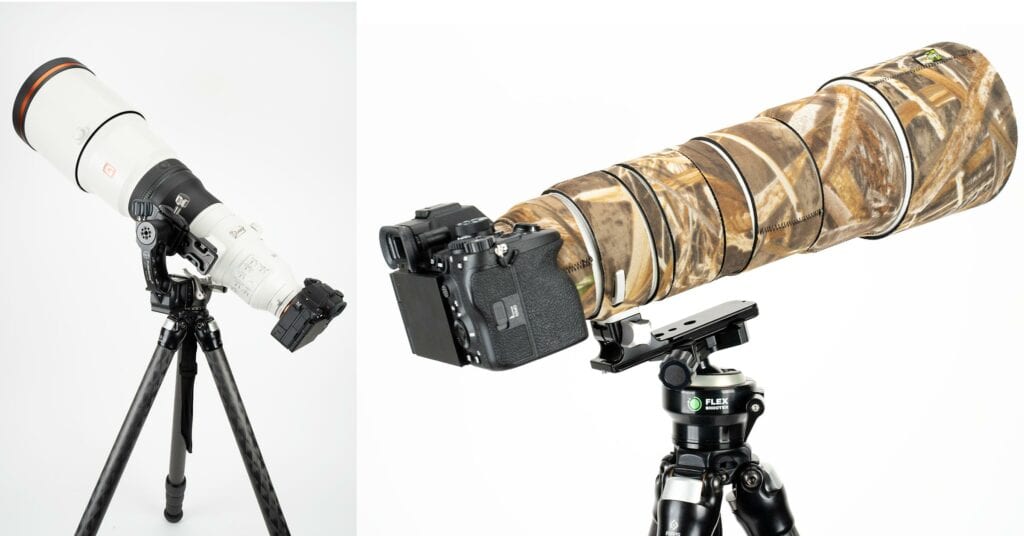Howdy folks! I’ve just returned to the Yukon from a few days in Vancouver where I spent some time catching up with friends and running a few errands to pick up items that you simply can’t get up North.
Just as an example, I’m unable to order any Li-ion batteries from Amazon and have them shipped to my home in the Yukon. That’s kind of a pain in the ass when your business revolves battery-powered devices. The reason for this is that for the most part, shipping companies don’t do road transportation up here, they fly things up on commercial flights and Li-ion batteries, even one single tiny camera battery, cause “Dangerous Goods” issues. *sigh* It is what it is.
Just needed some Wasabi Power LP-E17 batteries for my new Canon EOS RP mirrorless camera that will be here next week. Canon’s own LP-E17 batteries cost about 4x the price of the Wasabi Power ones and I’ve had success with Wasabi batteries in the past.
Non-Profit Image Pricing
I was recently having what I will loosely call a “spirited discussion” with someone about giving away images for free, and how it’s only screwing over the people that make a living from photography.
The person I was discussing this with decided that their best defence for their actions – they were asking for free images – was to say that the images were for a non-profit organization.
I’ve heard this argument before from editors, and I’ve also heard photographers try to justify their own actions by saying it was “just for a non-profit”.
Unfortunately many people do not consider non-profits to be businesses, but simple fact is that being a non-profit does not mean that you don’t make any money. For example, the head of the Canadian Red Cross took home a salary of $321,299 in 2016. I believe that is actually more than the VP of the United States gets as a salary!
Now if you want to make a monetary donation to a non-profit organization, that is for you to decide. But my suggestion is that you get paid for your hard work, just as other non-profit employees do. After that, feel free to donate your earnings back to the non-profit in cash and get yourself a tax deductible donation receipt.
Every time you simply give your work to a non-profit for free, you are making it harder for professionals to do their job, feed their families and put a roof over their heads. There are many photographers out there that specialize in humanitarian work and wildlife work for non-profit organizations and it’s a job for them, just like it’s a job for a wedding photographer to shoot weddings. Get paid for your photography! If someone wants it, it has value to them.



